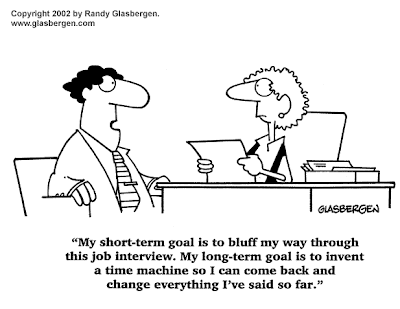
If you are looking to make the move from a rented apartment to a home of your own, you are not alone. The convergence of low house prices, still-low interest rates and appealing tax incentives makes 2009 a good time to buy a home for many people. If you are looking to buy, here is what you need to know:
Home prices are low. Home prices dropped at a record annual pace of 18.7 percent this past March (the most recent data available). That means discerning buyers can find real bargains.
Interest rates are still good. While interest rates have risen from their historic lows earlier this year, they still are appealing. In mid-June, rates hovered around 5.70 percent for a 30-year fixed-rate mortgage.
Tax credits will help. First-time homebuyers can get money back from tax credits implemented as part of the 2009 American Recovery and Reinvestment Act. An $8,000 credit is available to first-time buyers (a category that includes people who have not owned a home for several years) for homes purchased before Dec. 1, 2009. Legislators are considering increasing the credit to $15,000 and expanding it to include other home buyers.
Credit scores matter. While houses are widely available, financing is limited to those with good credit. Credit scores range from 300 to 850, with the median U.S. credit score about 725. A score below 680 usually results in a higher interest rate or denial of credit. Check your credit score before you make any home buying decisions. If your score is lagging, wait a few months and work to improve the score by paying every bill on time, paying down as much debt as possible and disputing any erroneous information on your report. Note that it can pay to do your homework researching mortgage rates and lenders -- credit scores do not decline if multiple similar credit report requests are submitted within a close time period (usually a few weeks).
Do not stretch too far. Standard guidelines call for keeping housing expenses below 35 percent of total income. Breathing room in your budget will help you keep your home even if something unplanned does occur. If you are uncertain, wait to buy.
Know the real costs of buying. The principal and interest on a mortgage payment are only the beginning of home-related costs. Escrow payments - the funds withdrawn to cover home insurance and taxes - and PMI can add a few hundred dollars per month to a mortgage payment. In addition, home owners must pay for repairs and maintenance. A rule of thumb is to budget 1 percent of the home's purchase price per year for upkeep.
Know whether you can pay off early. If the mortgage has a prepayment penalty, borrowers face hefty charges if they pay it off early. This provision also can apply to future refinancing, so be forewarned. Review Truth in Lending disclosures to find out.
Buyer beware. Some of the lowest prices on homes today are "fixer-uppers" or homes sold "as is" because of foreclosure. Invest in a home inspection (typically costing under $400) before agreeing to purchase any home. The inspection will inform you of any faults in the home and help you determine the approximate cost to remedy those problems.
For many Americans, the time is right to take advantage of today's excellent home buying opportunities. If you are among them, shop carefully and enjoy the journey to home ownership. Adopted from www.wthr.com/
 Go Over Ground Rules. Decide when and where she'll do homework. Be sure to cover tricky topics: can she watch TV after she finishes her work? How late can friends visit on school nights? When's the caffeine cut-off? What about chores? Establishing guidelines and going over them together will make sure you're on the same page once school's in session. Some families even draw up a written contract spelling out everyone's expectations.
Go Over Ground Rules. Decide when and where she'll do homework. Be sure to cover tricky topics: can she watch TV after she finishes her work? How late can friends visit on school nights? When's the caffeine cut-off? What about chores? Establishing guidelines and going over them together will make sure you're on the same page once school's in session. Some families even draw up a written contract spelling out everyone's expectations. 







